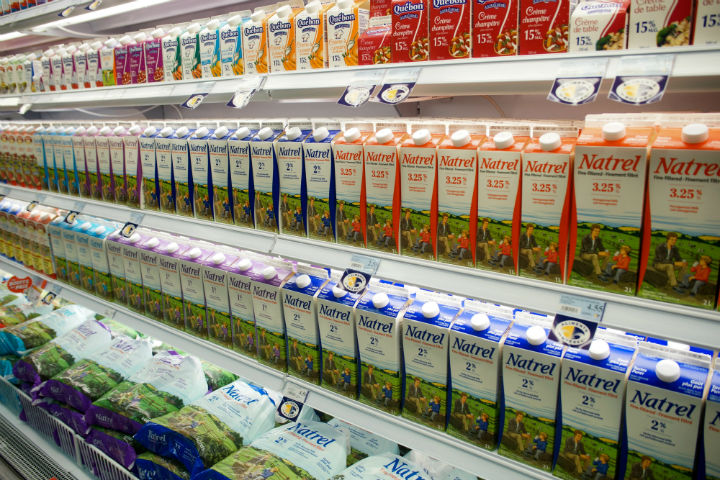For Ontario wine enthusiasts, getting your hands on a French cabernet sauvignon isn’t that difficult. A bottle from British Columbia? Sorry, that’s still an exotic rarity.

Thanks to a new agreement between Ottawa and the European Union, Canada and the EU appear to be opening up freer trade terms than what’s currently in place between the provinces.
Provincial wine and craft beer monopolies that control and restrict distribution in their jurisdictions are arguably the most discussed impediments within Canada’s tangle of internal trade barriers, according to experts.
But there are many others that carry larger economic consequences.
Here are five products and/or services that hit a wall at each provincial border – costing billions annually in productivity losses.
Gas
“How’s beer, wine and gasoline,” Glen Hodgson, chief economist at the Conference Board of Canada says when asked for a list of important Canadian-made products hindered by the limits of the AIT, the dusty Agreement on Internal Trade (the old legislative underpinnings of interprovincial trade).
There are few goods that have trouble passing through provincial border, but those three are among them. “It’s not a long list but it’s interesting what’s on the list,” Hodgson said.
Gasoline blend requirements are different for each province, Hodgson said, meaning refiners can’t produce single batches that can be shipped across the country.
“This is all about regulation and a lack of a common standard across the country. Why would Manitoba and Saskatchewan have different regulations on the blending of ethanol into gasoline? But apparently they do,” he said.
Professional services
- Budget 2024 failed to spark ‘political reboot’ for Liberals, polling suggests
- Peel police chief met Sri Lankan officer a court says ‘participated’ in torture
- Wrong remains sent to ‘exhausted’ Canadian family after death on Cuba vacation
- Liberals having ‘very good’ budget talks with NDP, says Freeland
Is your dentist billing you too much? How about your accountant?
Professionals in those fields as well as others would be subject to more competitive pressures if it were easier for them to move between provinces, some experts say.
As it stands, individual provinces are responsible for jurisdictional accreditation, meaning a dentist in Ottawa must jump through several hurdles if they want to work across the river in Gatineau, Que. – or just open an office there.
They might as well move to France.
Preference for government contracts
Many local and provincial government agencies still give preference to local or provincially based companies when a request for proposal is released for a project.
The CETA trade deal with Europe as well as a new trade agreement with Korea appear poised to open up government “procurement” to foreign firms, but there’s nothing enshrined yet that says Canadian firms from other provinces deserve an equal seat at the table.
Flow of goods, interrupted
While there aren’t tariffs or levies that apply to the vast amount of general merchandise that move across provincial borders every day, trade flow is hindered by a slew of different transportation rules in each province.
Differing truck weights and dimension – even tire sizes — create headaches for logistics firms and makes for bumps in the economic road, experts say.
“It would be really easy to make gains on productivity by just having one standard. Anything that actually smooths the flow the goods across the country should add to productivity increases,” Hodgson said. “That’s why we’re happy the feds have put this back on the priority list.”
Chicken and dairy prices
“Perhaps the most visible and explicit barriers to provincial trade are the various marketing boards that exist in Canada,” University of Calgary economics professor Eugene Beaulieu wrote in a policy paper last year.
The price and volume of everyday items like chicken, dairy products and eggs across Canada aren’t dictated so much by market forces rather provincial monopolies called marketing boards.


Comments